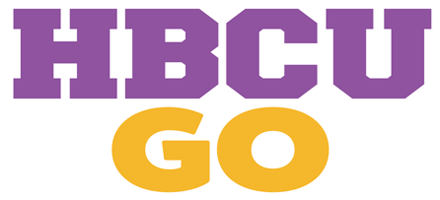
The deal includes football, men’s and women’s basketball, as well as Olympic sports through 2032.
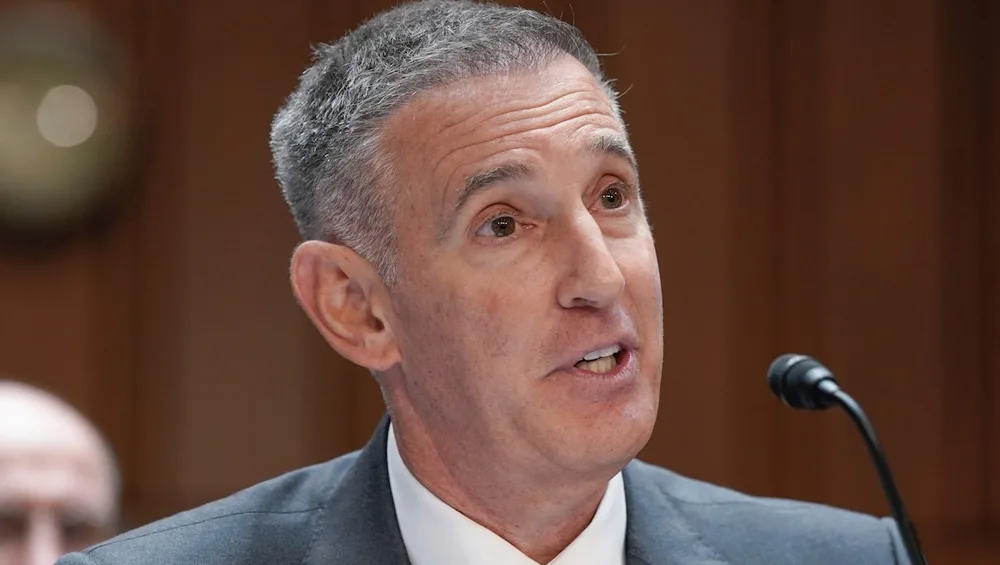
On Friday morning, Jim Harbaugh will sit in an Ann Arbor courtroom and hear lawyers for his employer argue that he should be able to coach his Michigan football team Saturday afternoon against Maryland. The case is ostensibly about whether Harbaugh knew of an off-campus sign-stealing operation that cost one low-level Wolverines assistant his job. Put the right-or-wrong, who-knew-what-when nature of the argument aside for a minute. That it’s playing out this way is a reflection on who increasingly has the power in college sports. Not coaches or lifelong athletic administrators, but television executives. (Pictured: Commissioner of the Big Ten Conference Tony Petitti, testifies during a Senate Judiciary Committee hearing to examine the future of college sports, Tuesday, Oct. 17, 2023. (Mariam Zuhaib/AP)
BRISTOL, Conn. (AP) — Atlantic Coast Conference football fans will be able to watch telecasts of their favorite team’s road games in local movie theaters under an agreement between cable […]
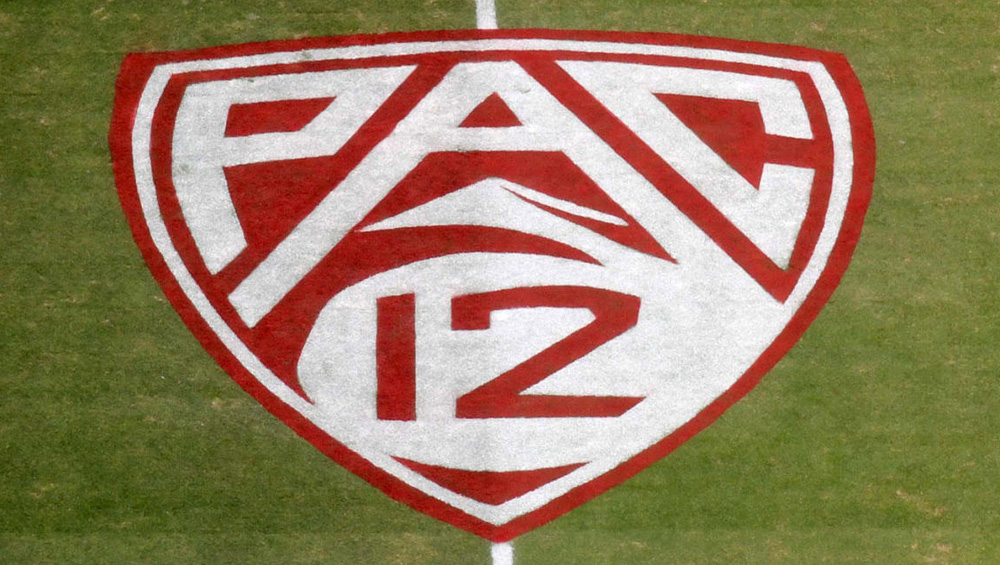
The Big 12 announced late Friday that it has added Arizona, Arizona State and Utah to the conference, effective in 2024. With the three additions, the Big 12 would grow to 16 members for 2024. Colorado previously departed the Pac-12 for the Big 12 last week and the conference added BYU, Cincinnati, Houston and UCF after Oklahoma and Texas departed for the SEC.
The Southwestern Athletic Conference (SWAC) has unveiled the 2023 Football schedule with Allen Media Group’s free streaming digital platform HBCU GO as its exclusive broadcast partner. A total of 12 football matchups highlight the 2023 […]

Colorado is departing the shaky Pac-12 conference to rejoin its old friend the Big 12, a move which knocks another leg out from the West Coast athletic conference. UCLA and USC have already announced they are leaving the Pac-12 for the Big Ten in 2024. This latest departure in the wake of an expiring television rights contract for the Pac-12 raises further questions about the league’s future status. The Pac-12 is now down to nine members. Colorado left the Big 12 in 2011 to join the Pac-12.

It will air games every Saturday throughout the seasons. Coverage kicks off Sept. 9 with Pitt football playing host to non-conference foe Cincinnati.
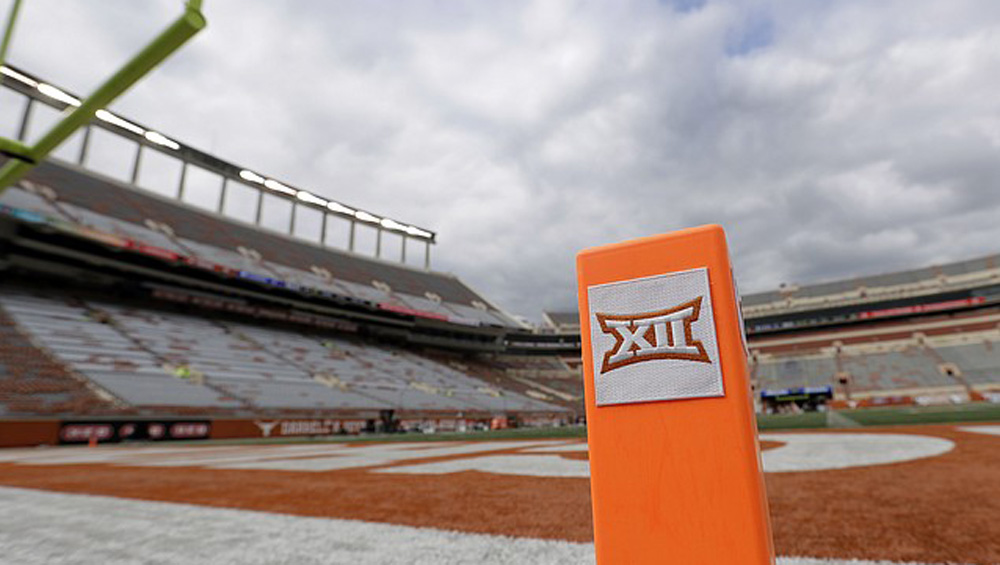
The Big 12 Conference officially added four teams Saturday. Houston, Cincinnati, BYU and UCF join the conference nearly two years after the league’s leaders voted to expand. The additions will soften the blow caused by Texas and Oklahoma departing the league for the SEC.
Cautious Ad Spenders Open Their Wallets For March Madness
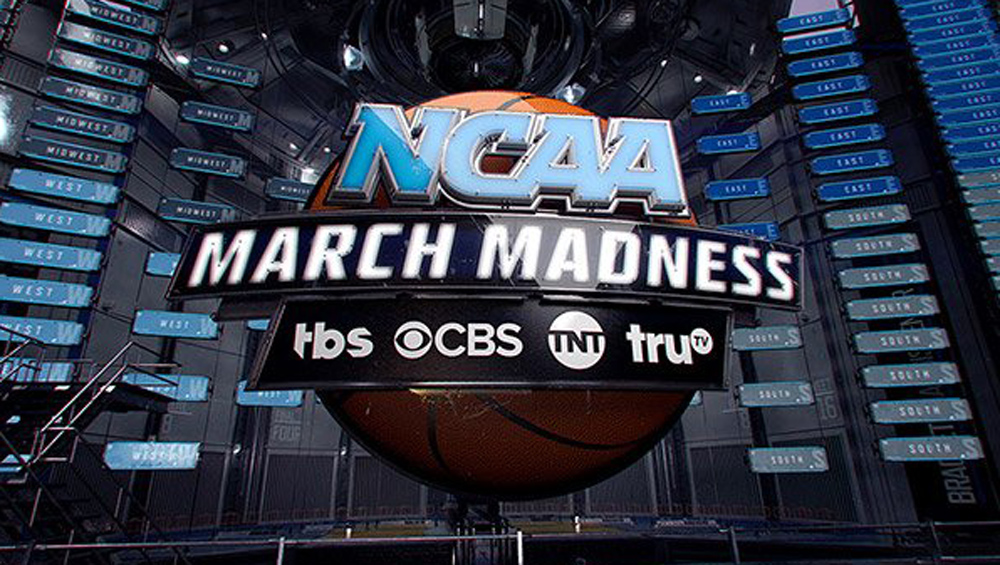
March Madness is expected to rake in more than $1 billion for TV partners CBS and Warner Bros. Discovery as it plays out from March 14 until the winning team is crowned on April 3. “March Madness gives advertisers audience levels they cannot find anywhere else,” says one buyer.

The deal, worth more than $2 billion that will keep the conference’s media rights in place through the 2030-31 college sports seasons, people familiar with the deal say.
TV Money Is Breaking College Sports
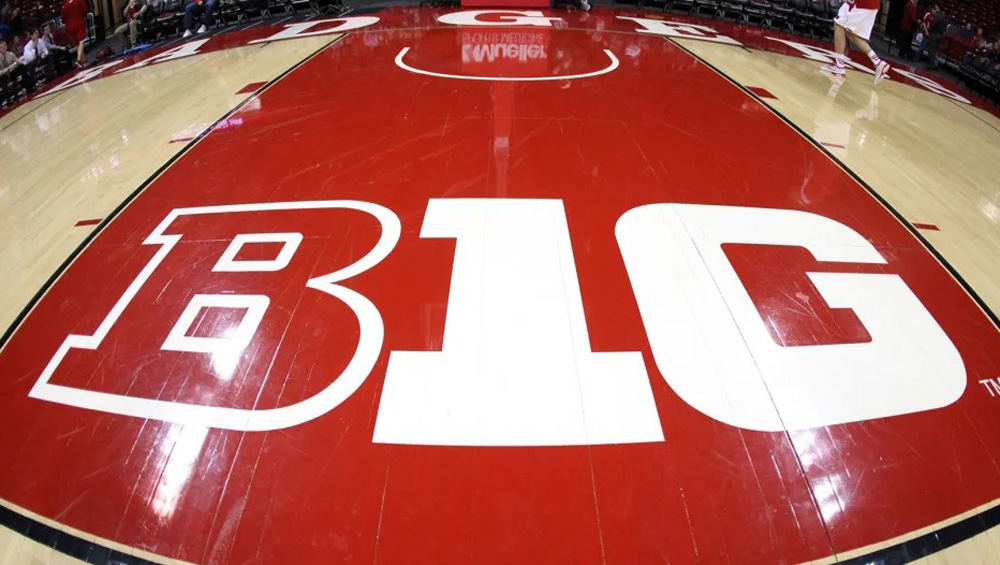
The upheaval going on in college sports that has seen multiple major schools switch conference allegiances is being driven almost entirely by a lust for TV dollars. The gulf between the haves and the have-nots created by the ocean of money in college sports is only going to get wider.
College Football Is Cannibalizing Itself

In pursuit of money, universities and conferences are uprooting traditional rivalries and regional loyalties.

The decision by UCLA and USC to join the Big Ten further consolidates power within two college conferences and escalates the rivalry between their two biggest media partners, Fox and ESPN. The Big Ten said Thursday that the schools, which have large fan bases and famous histories in football and basketball, will join the conference in 2024. Their arrival will benefit Fox Corp., which owns 61% of the Big Ten Network through a joint venture and just renewed its deal with the conference.
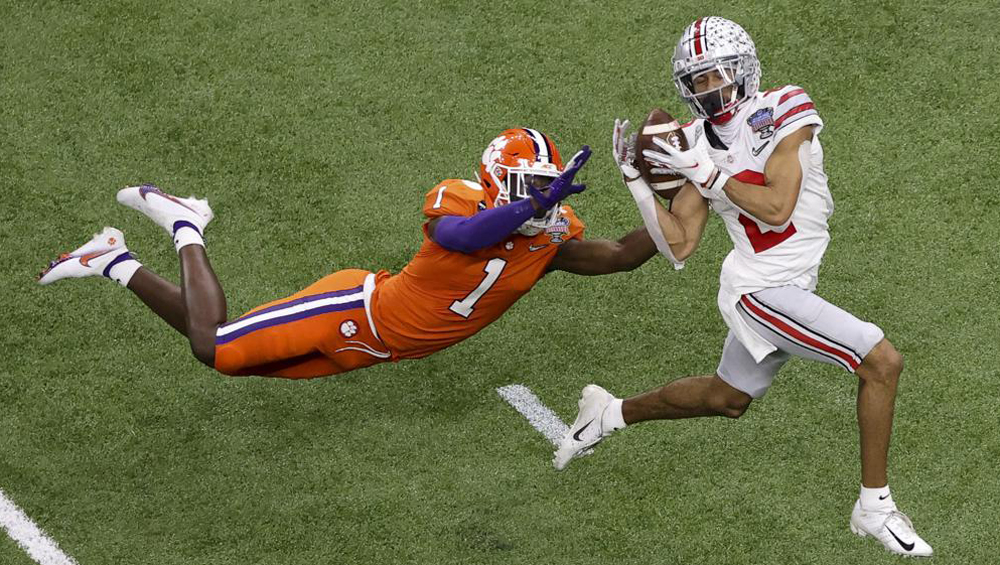
Less than a month after the Southeastern Conference made an expansion power play by inviting Texas and Oklahoma to the league, three of the SEC’s Power Five peers countered with an alliance of 41 schools that span from Miami to Seattle.
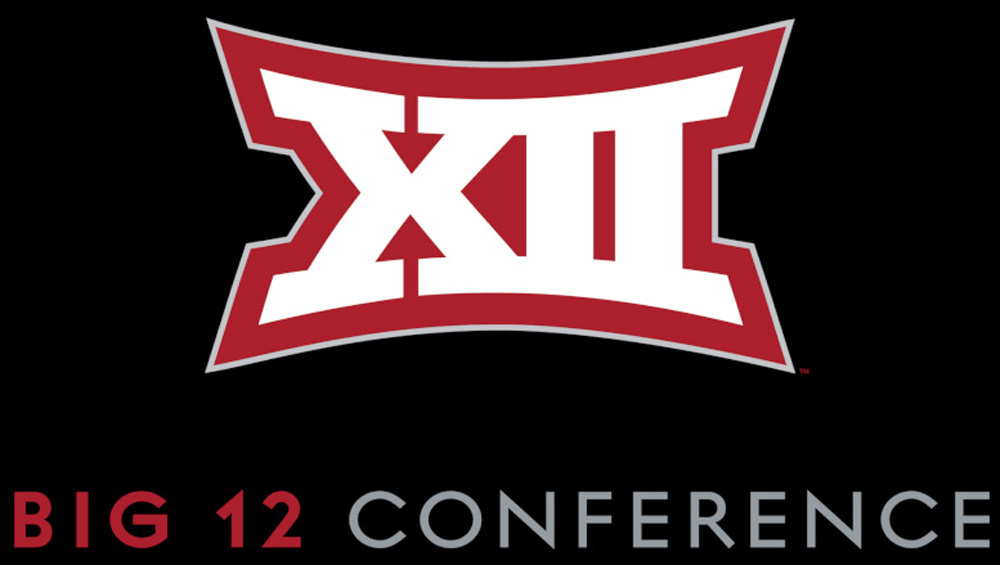
Big 12 Commissioner Bob Bowlsby alleges conference media rights partner ESPN conspired to damage the league by luring Texas and Oklahoma to the SEC as detailed in a cease and desist letter sent to the network on Wednesday.
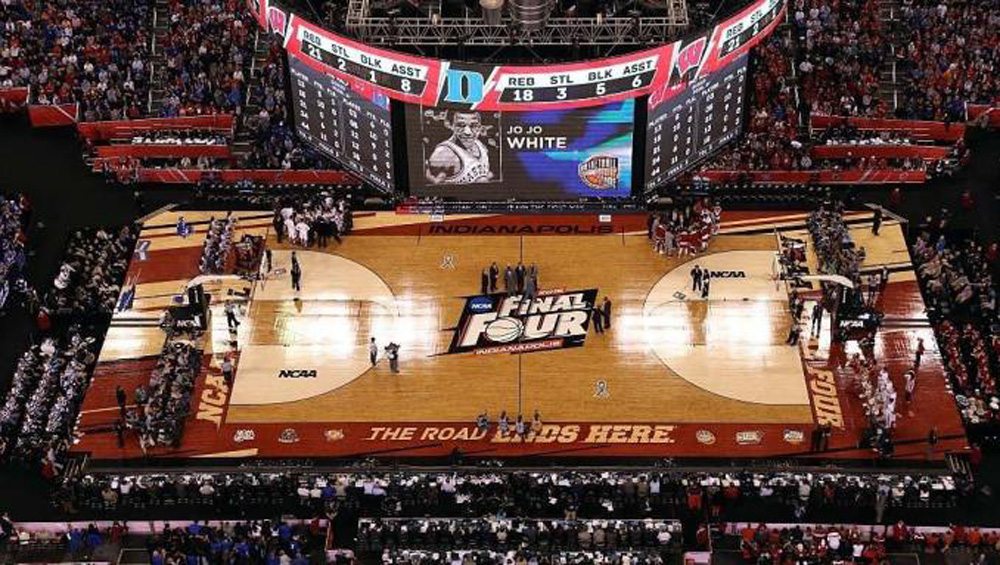
Confirming a plan it started exploring last fall, the NCAA said it will host the entire men’s basketball tournament — the event known as March Madness — in Indiana due to Covid-19. The extraordinary initiative is aimed at ensuring that this year’s 67-game extravaganza does not meet the same fate as the 2020 edition. The cancellation of the tournament last year was one of the most jarring spectacles of the onset of the coronavirus pandemic.

The Big Ten announced that its Council of Presidents and Chancellors has voted to allow the league to play football this fall. The Big Ten will open its season on the weekend of Oct. 24 with teams playing eight games in eight weeks and a Big Ten Championship Game scheduled for Dec. 19, sources tell CBS Sports’ Dennis Dodd. That would make the Big Ten eligible for the College Football Playoff as the final CFP Rankings announcement of the season is set or Dec. 20.
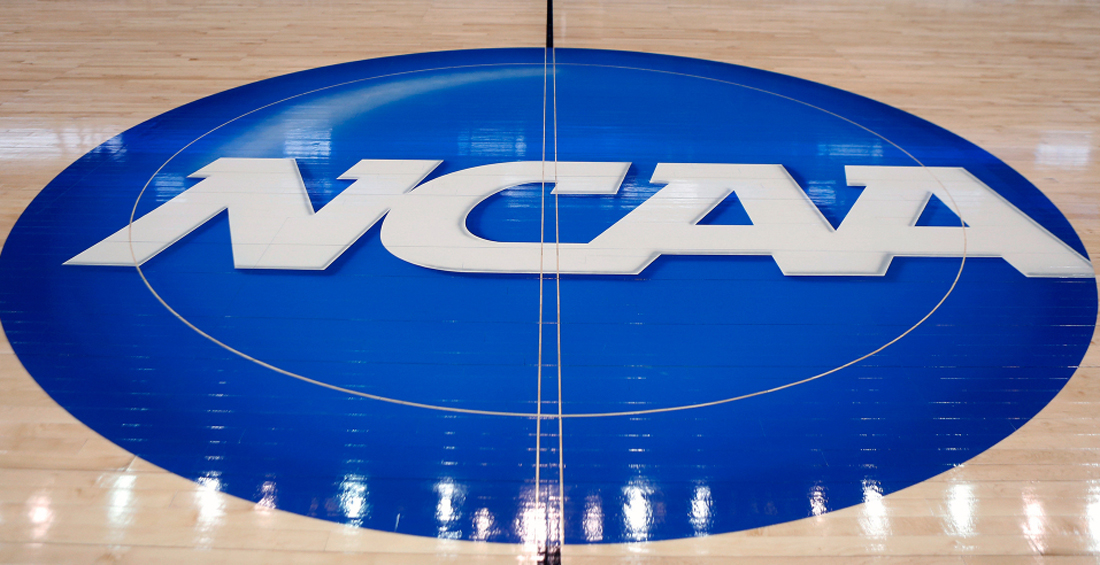
NCAA President Mark Emmert said Thursday there won’t be fall NCAA championships because there are not enough schools participating due to the ongoing coronavirus pandemic, a decision that affects 22 championships.
The NFL and NBA are most likely to benefit from the Big Ten, Pac-12 delays.

CBS will walk away from the SEC when its contract ends after the 2023 football season, and all indications are that the package will move to ESPN/ABC. CBS decided to exit the negotiations for college football’s most-watched TV package after making an aggressive bid in the neighborhood of $300 million per season — a massive increase from the $55 million it currently pays annually.
WJXT’s First Triple-Header Football Broadcast Was Hot
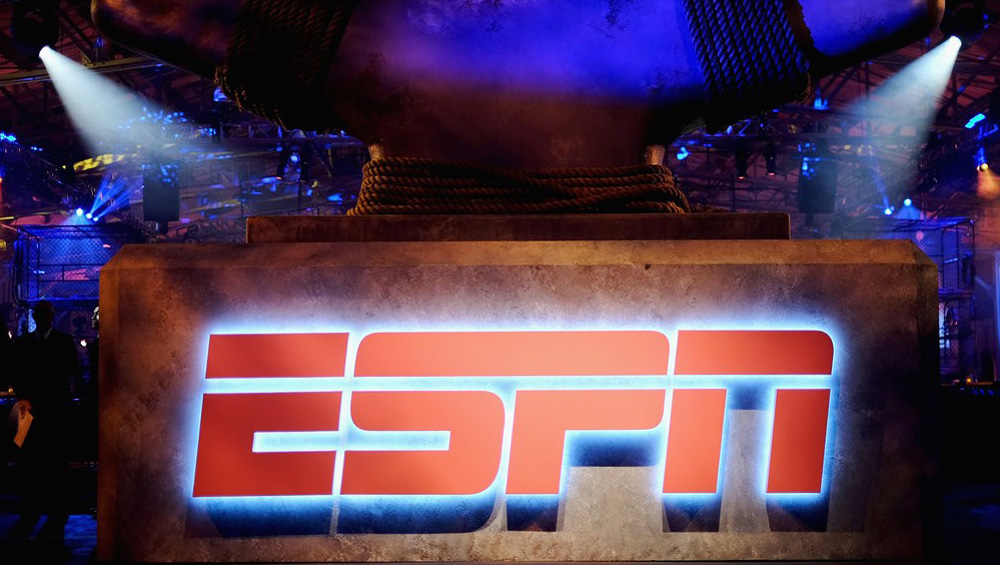
Many UConn fans are upset over a new media-rights deal between ESPN and the American Athletic Conference that could force them to pay an added fee to watch those games on ESPN-plus, a direct-to-viewer subscription streaming service, which currently costs $5 a month.
Diehards.com is designed for fans of the ACC, Big 10, Big 12, PAC-12 and the Southeastern Conference. Texas Pete Hot Sauce and Zaxby’s are ad partners.
News Corp. is about to shower hundreds of millions of dollars on DePaul, Georgetown, Marquette, Providence, Seton Hall, St. John’s, and Villanova, and at least three other to-be-named schools, believed to be Butler, Creighton and Xavier, in exchange for the cable TV rights to regular season basketball games played by the schools.
For college football and basketball, television runs the show, providing increased fan bases and billions of dollars to fund athletic departments. But as television contracts have swelled to upward of $5 billion for just one conference, concepts of amateurism and education have loosened, and the sport treads on a prosperous but dangerous path.
As TV networks grow increasingly desperate to lock in exclusive sports rights, well-known sports programs like the University of Texas football team are gaining more power and bigger paydays.








































